The residents are demanding the MSEZ to remove the mud dumped along the Phalguni river near Kuloor and restore the ecosystem.
The residents went to the office of the Assistant Director, the Coastal Regulatory Authority on Friday morning. “We went there to clarify about a letter written by the authority stating that there was not much violation of the CRZ regulations by the MSEZ and they had been permitted to go ahead with the work,” said Dinesh B. Shetty, who is led the resident's group.
The residents are opposing the work being done along the Phalguni river for the proposed road-cum-pipeline corridor connecting the MSEZ and the New Mangalore Port Trust.
The residents raised slogans against the MSEZ and then insisted Assistant Director Mahesh Kumar visit the place of work.
Mr. Kumar obliged to the request and visited the work site along with residents. The residents, who had gathered in a big number near Kulur bridge, said they would not allow the MSEZ to go ahead with the work unless mud dumped along the Phalguni river was removed.
The MSEZ said the pipeline-cum-road corridor development work was done after obtaining environment clearance certificate issued by the Ministry of Environment and Forest on the recommendation of Coastal Regulator Authority.
In a press release, MSEZ Public Relations Officer Ramachandra Bhandarkar said the certificate recognised the construction earth walls and elevated roadway over structures for construction of the corridor. Necessary permissions have been taken from the State Government for strengthening the river bank and for construction of road over bridge. The MSEZ had duly complied with the directions of the CRZ.
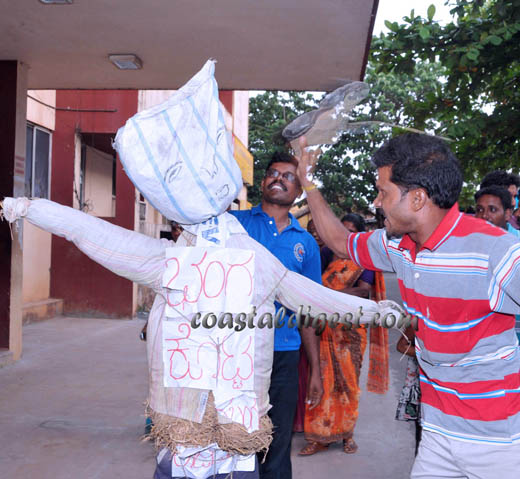
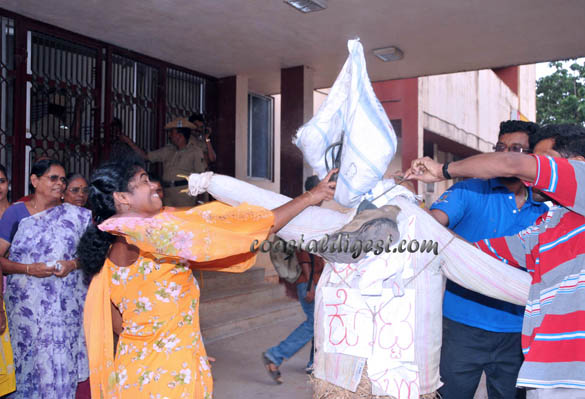
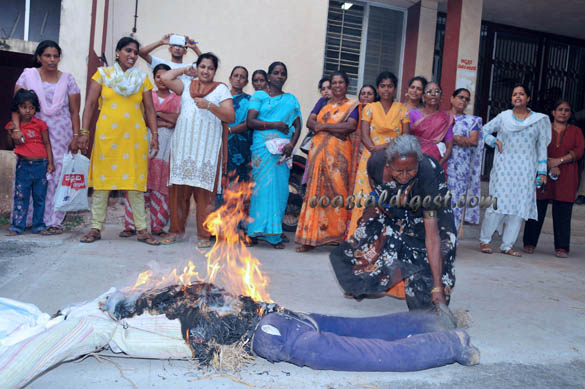
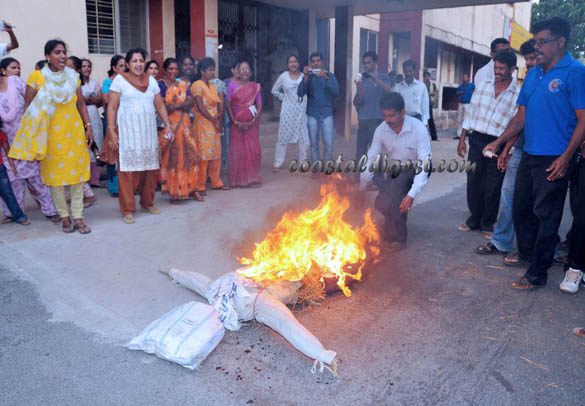

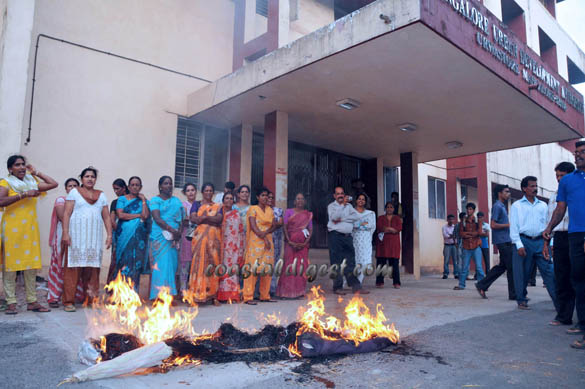
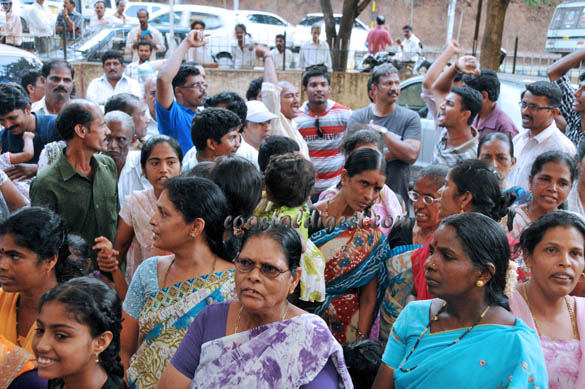





Comments
Add new comment